Boruto’s deuteragonist transforms the series from a simple sequel into a complex tale of brotherhood, destiny, and moral choices.
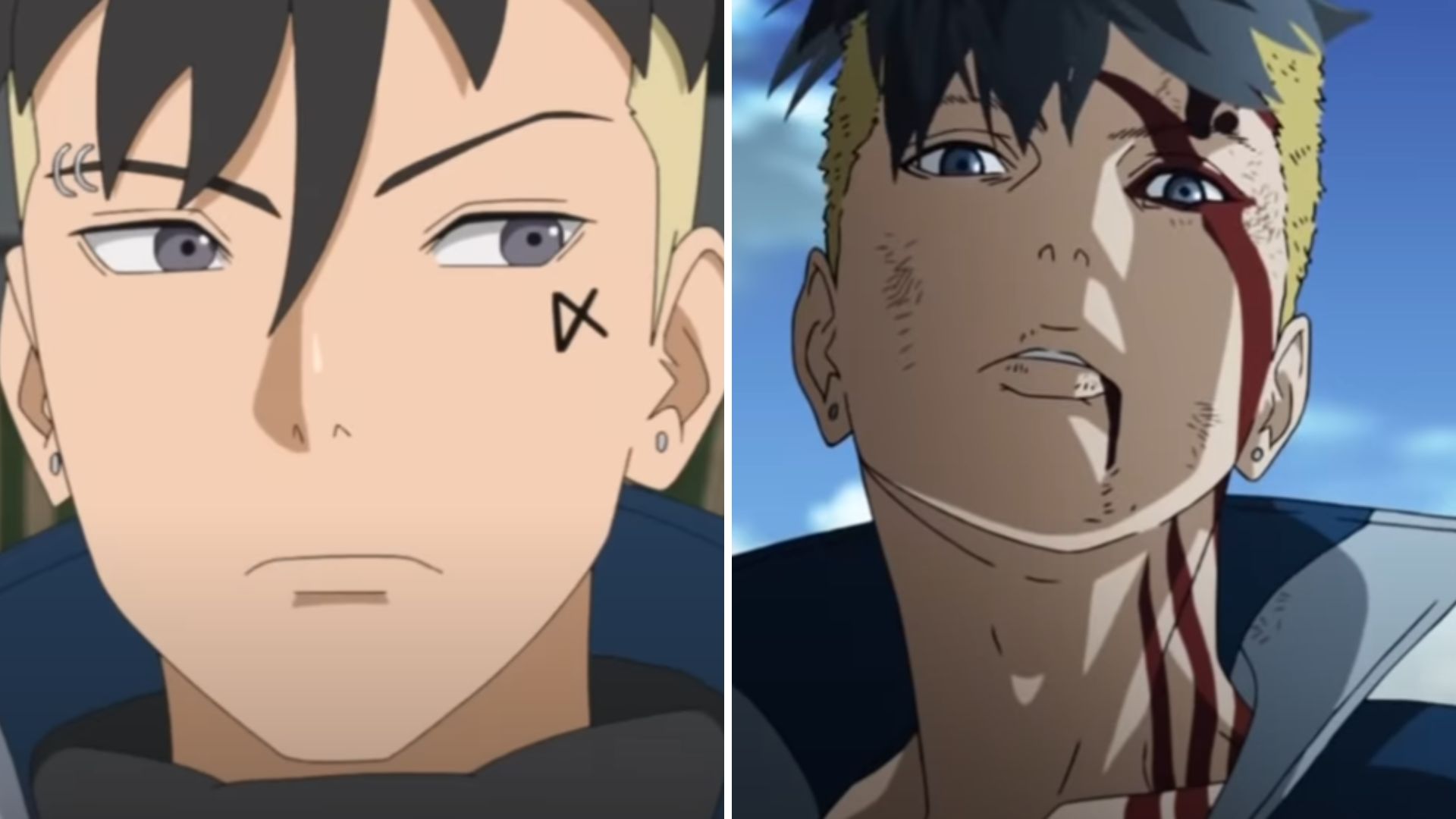
The world of Boruto has evolved dramatically since its inception, bringing new characters, conflicts, and relationships that reshaped the world we once knew. Among these changes, one character emerged to fundamentally transform the series’ narrative landscape: Kawaki.
Does Boruto truly have a deuteragonist? Yes, this question has found its definitive answer in Kawaki’s character. His role transcends typical character dynamics to establish himself as a true deuteragonist. He weaves his story so deeply into the series that it becomes inseparable from Boruto’s own journey.
Understanding Deuteragonist in the Anime
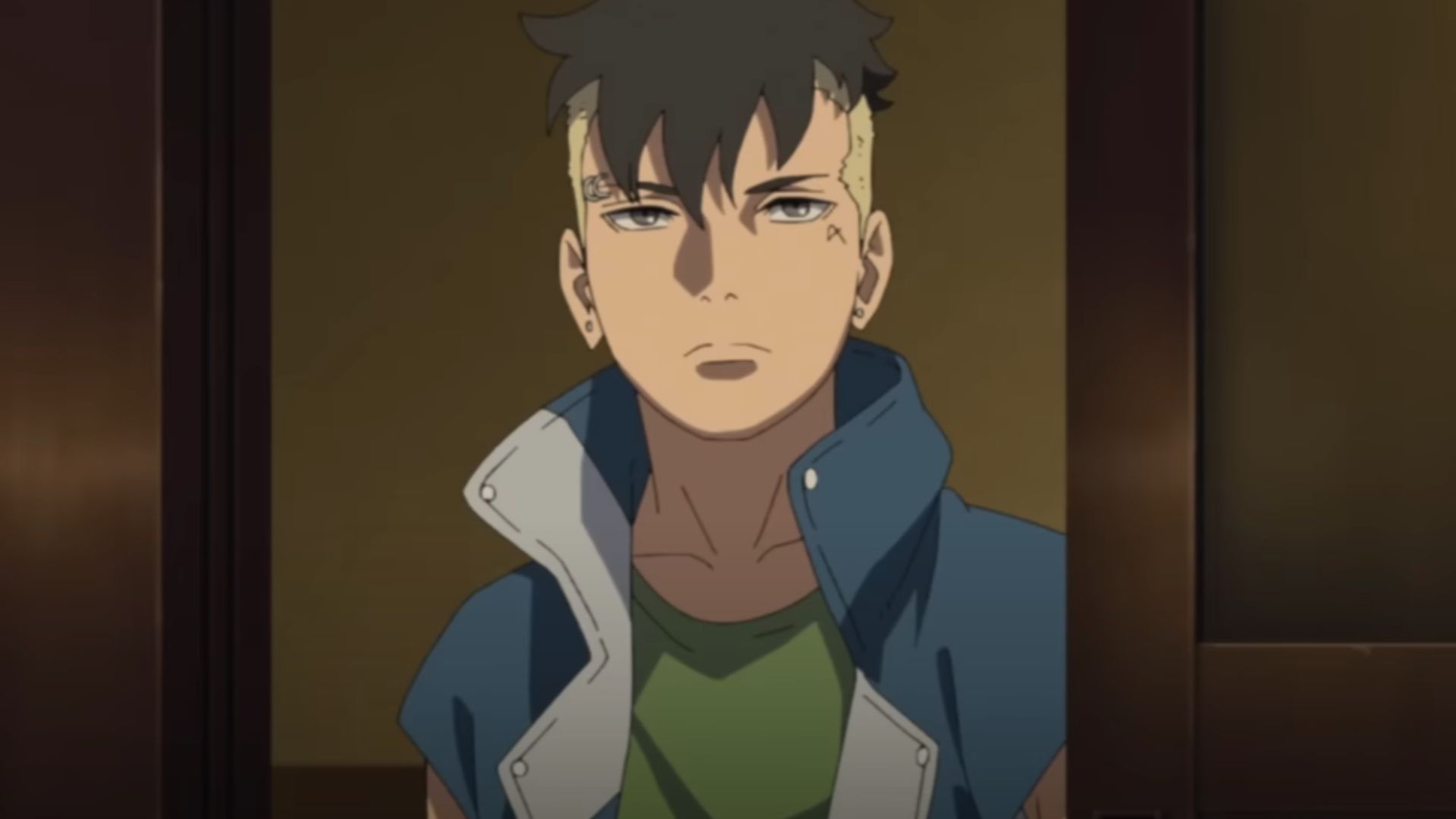
In modern anime storytelling, a deuteragonist is more than just a secondary character. They‘re a driving force that shapes the protagonist’s journey in fundamental ways. Boruto, as a series, initially appeared to follow the traditional rival-based structure seen in Naruto. However, it has evolved to showcase a more complex relationship dynamic through its deuteragonist, Kawaki.
Kawaki enters the story as an outsider whose presence dramatically alters the narrative’s trajectory. This approach to deuteragonist storytelling represents a significant departure from its predecessor, Naruto. There, Sasuke’s role as a deuteragonist was established early and maintained through a childhood rivalry.
Boruto’s handling of its deuteragonist shows the evolution of storytelling in modern anime. The series uses this modern approach to create a deeper exploration of family, belonging, and destiny.
Kawaki Introduced as Boruto’s Deuteragonist
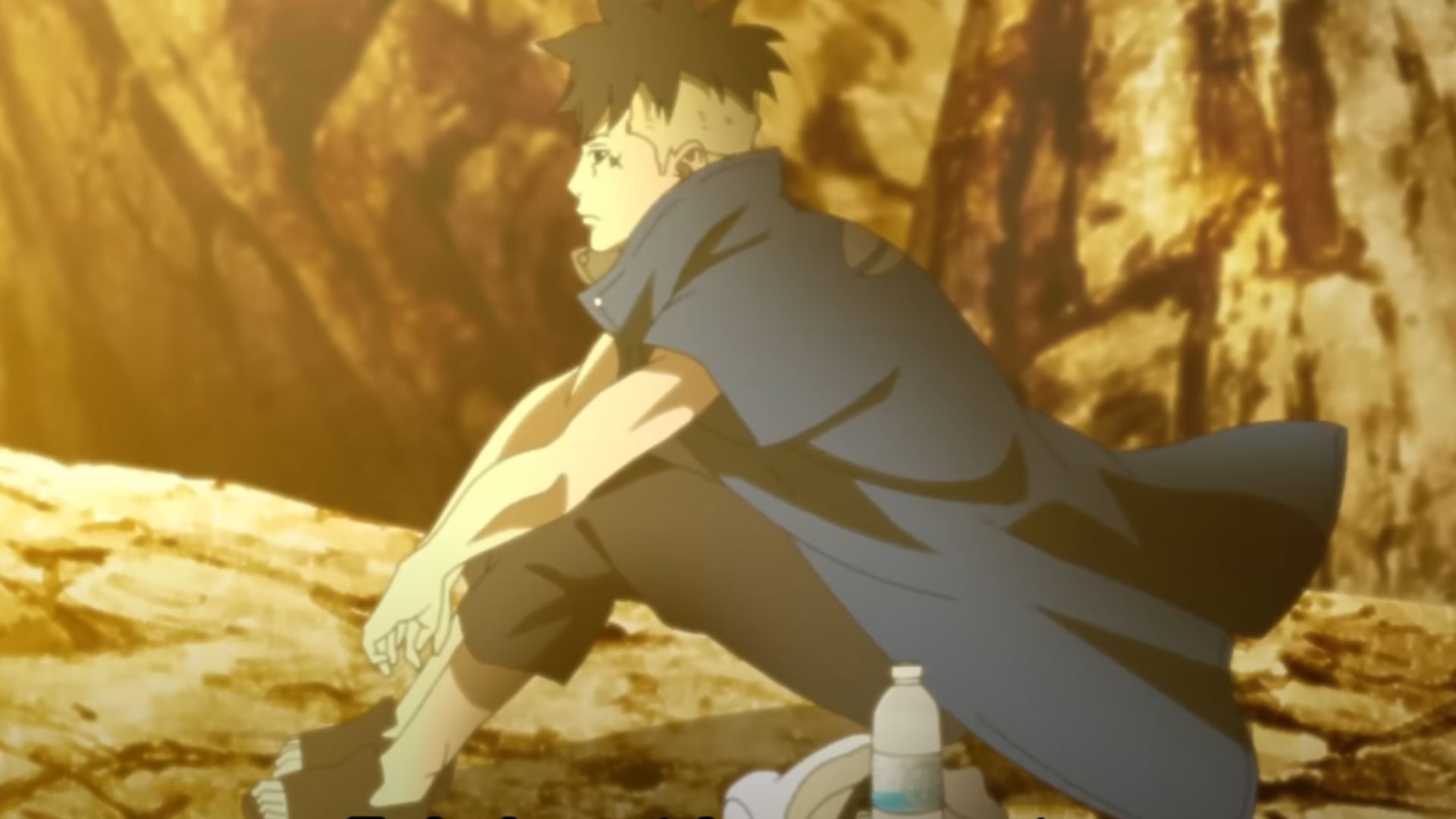
When Kawaki first appeared in Boruto, his introduction sent shockwaves through the ninja world and the narrative. His arrival marked pivotal moments that transformed the series from a simple next-generation story into a more complex tale of fate and family. As Boruto’s deuteragonist, Kawaki brings with him a dark past connected to the Otsutsuki clan and Kara organization.
His presence forces Boruto to confront new challenges and perspectives, regarding the nature of power and family bonds. The impact of Kawaki’s character extends beyond his relationship with Boruto, affecting the entire Uzumaki household and reshaping the power dynamics within the Konoha itself.
His struggle to adapt to village life while carrying the weight of his traumatic past. It’s a narrative thread that enriches the overall story and provides a perfect counterpoint to Boruto’s more privileged upbringing.
Evolution of Boruto and Kawaki’s Dynamic
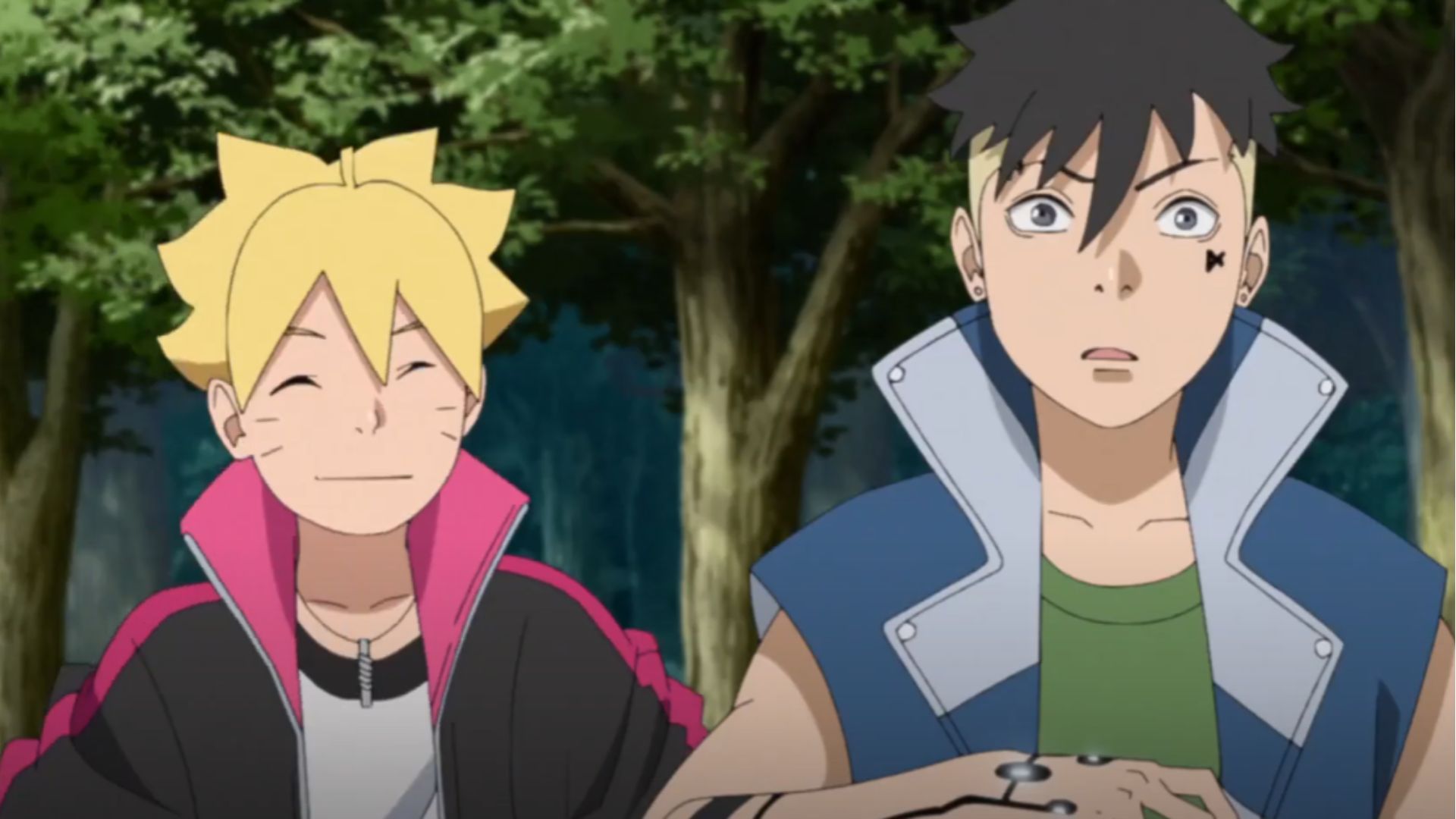
The relationship between Boruto and Kawaki is a well-developed character dynamic in modern Shonen anime. Their initials, marked by suspicion and hostility, gradually transform into profound bonds more than brotherly relationships. This evolution acts as a central pillar of the series, with each character influencing the other’s growth in meaningful ways.
Boruto helps Kawaki understand the value of friendship and family, while Kawaki’s presence forces him to mature and grasp the darker realities of the shinobi world. Their shared karma marks a connection to Otsutsuki creating a dynamic where they must rely on each other for survival, even as their ideological differences threaten to drive them apart.
The series uses their relationship to explore themes of destiny and choice, as their future conflict, glimpsed in the series’ opening flash-forward, looms over their present-day interactions.
The series also balances their screen time and character development, ensuring Kawaki’s growth remains as crucial to the story as Boruto’s own journey. This parallel structure allows both characters to evolve independently while their paths remain inextricably linked.
The release of Two Blue Vortex further complicates their relationship, as the time skip reveals a dramatic shift in their dynamic. Their roles appear to invert, with Kawaki now integrated into Konoha’s social fabric while Boruto becomes the outsider. This complex dynamic reinforces Kawaki’s position as a deuteragonist, as his character arc becomes increasingly inseparable from the main narrative.
Supporting Cast vs. Deuteragonist Status in Boruto
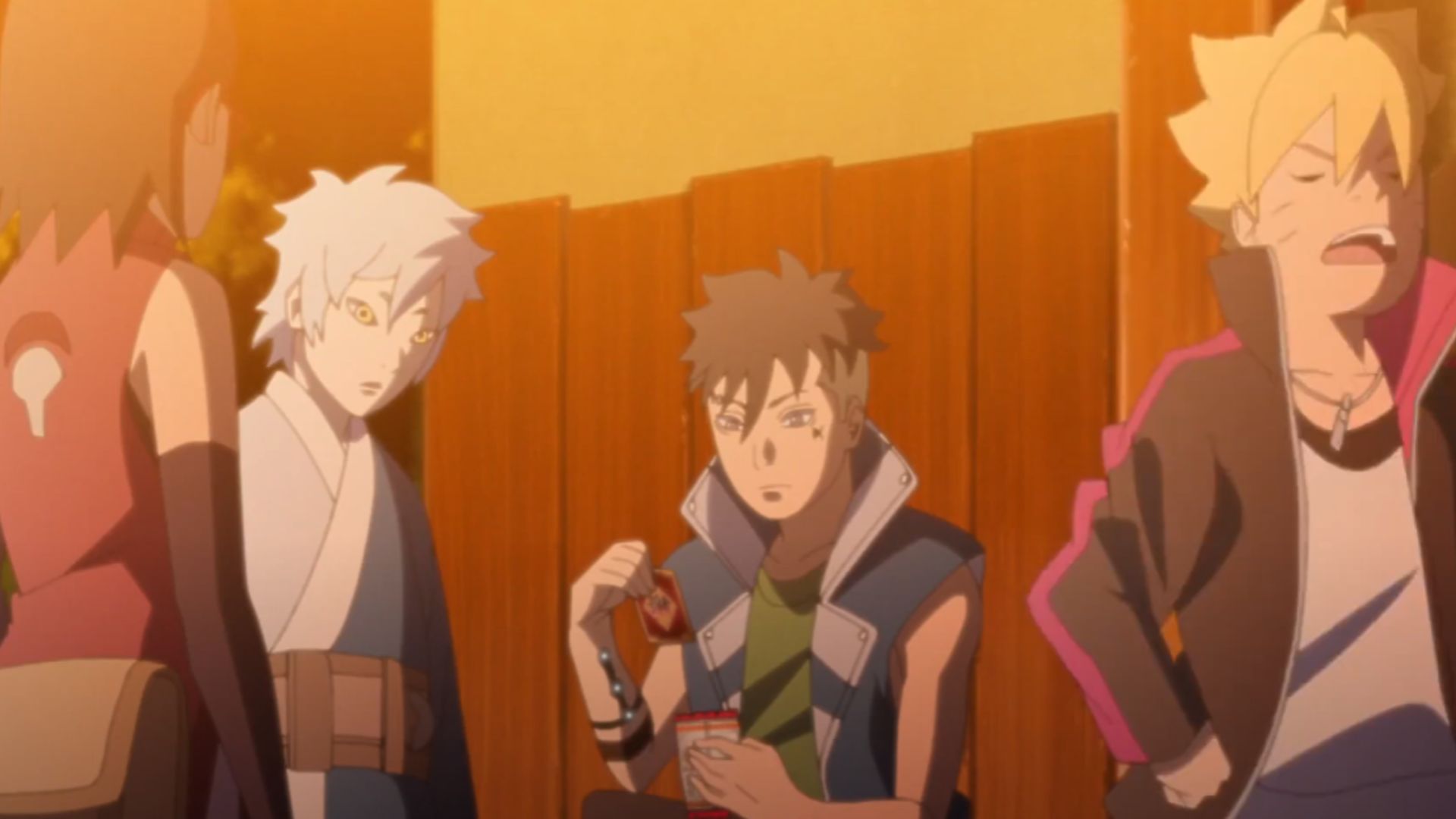
While Boruto features a rich ensemble of supporting characters, including Sarada Uchiha and Mitsuki, Kawaki’s elevation to deuteragonist status is evident in his character arc. Unlike other supporting characters whose stories supplement the main plot, Kawaki’s journey becomes integral to the series’ central conflict.
His presence affects every major story beat, from village politics to international relations, and his personal struggles directly impact the progression of the main narrative.
The series dedicates significant time to exploring his backstory, motivations, and internal conflicts, giving his character development equal weight to Boruto’s own. This treatment clearly distinguishes him from the supporting cast. Even important characters like Sarada and Mitsuki, whose stories, while significant, do not carry the same narrative weight or consequences for the overall plot.
Future Implications for the Series’ Deuteragonist
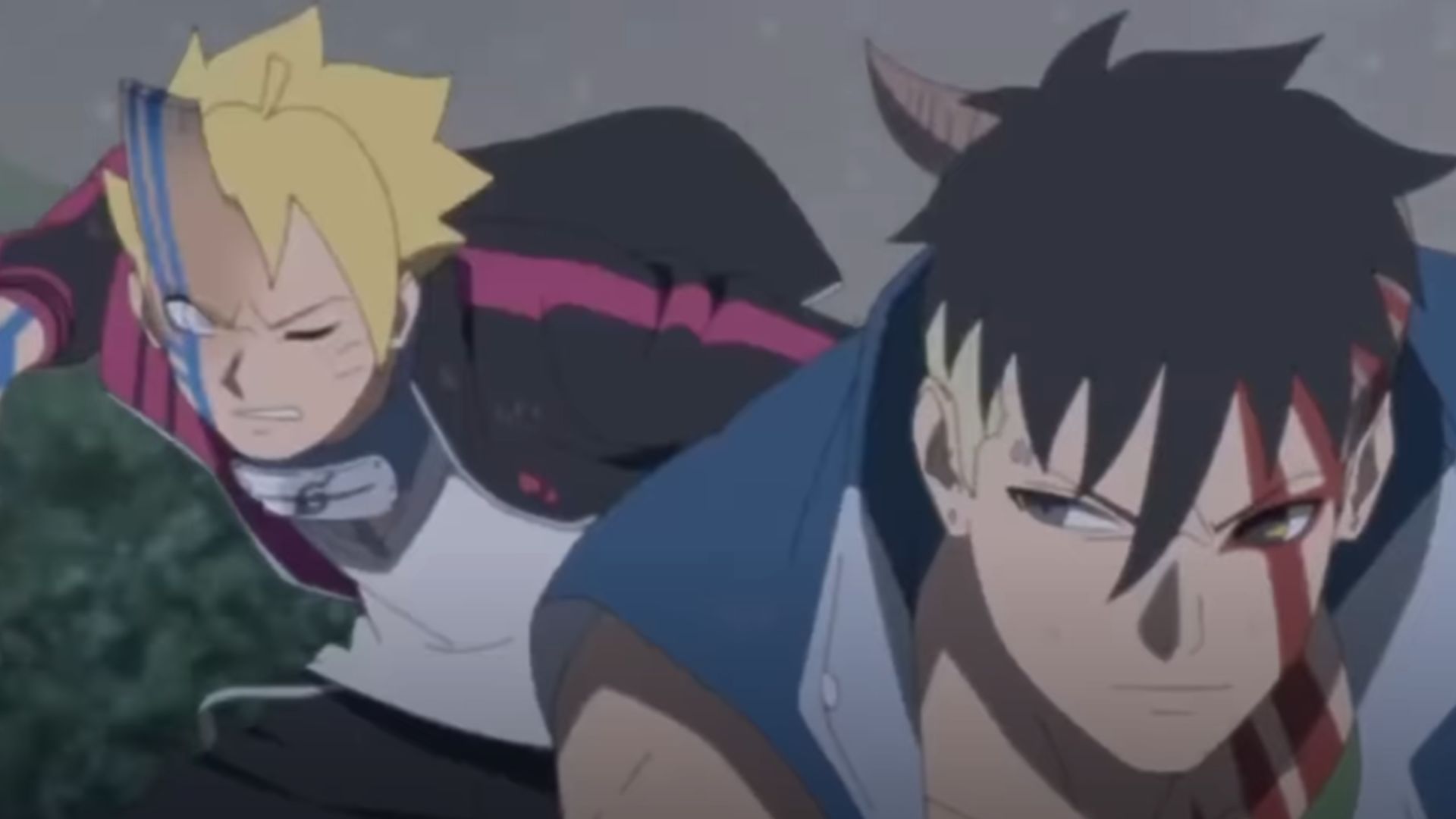
The establishment of Kawaki as Boruto’s deuteragonist sets up major implications for the series’ future direction. The flash-forward scene showing their eventual confrontation gains deeper significance as their relationship has already developed. It suggests their bond will face severe tests that could eventually reshape the shinobi world.
As both characters are growing throughout the series, their deuteragonist relationship is promising to drive the narrative toward increasingly complex moral and philosophical questions. The series appears poised to explore how two characters who share such a deep bond could end up on opposing sides. It makes their relationship central to the story’s ultimate message about fate, choice, and the nature of peace in the shinobi world.
The emergence of Two Blue Vortex brings more implications into sharper focus. Their new dynamic, complicated by Code’s presence and the introduction of the Divine Trees, suggests that their deuteragonist relationship will evolve in unexpected ways.
Conclusion
The question of whether Boruto has a deuteragonist finds its definitive answer in Kawaki’s impact on the series’ narrative. Kawaki’s role is more than simple rivalry or friendship, establishing him as an integral force that shapes the story’s present and its ominous future.
Kawaki as a deuteragonist ensures that Boruto will be remembered not just as a continuation of the Naruto legacy. It will be remembered as a story about two young ninjas whose intertwined destinies will determine the future of their world.
Looking For More?
Thank you for reading the article. We provide the latest news and create guides for Baldur’s Gate 3, Starfield, ARK Survival Ascended, and more. Also, watch Deltia play games on Twitch or visit his YouTube channel!
 Reddit
Reddit
 Email
Email


